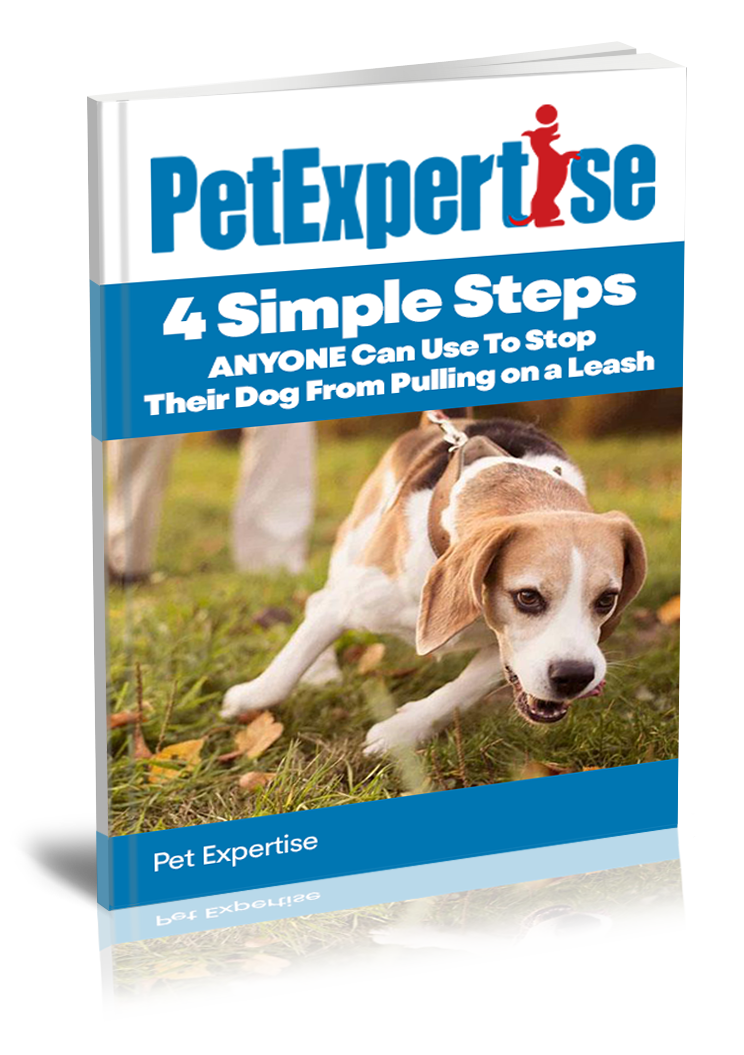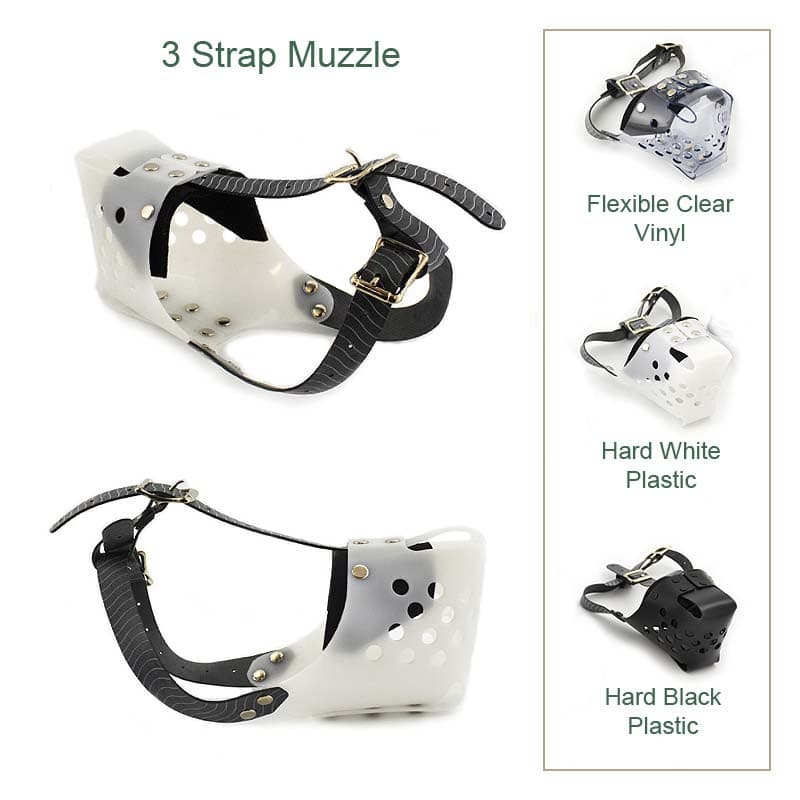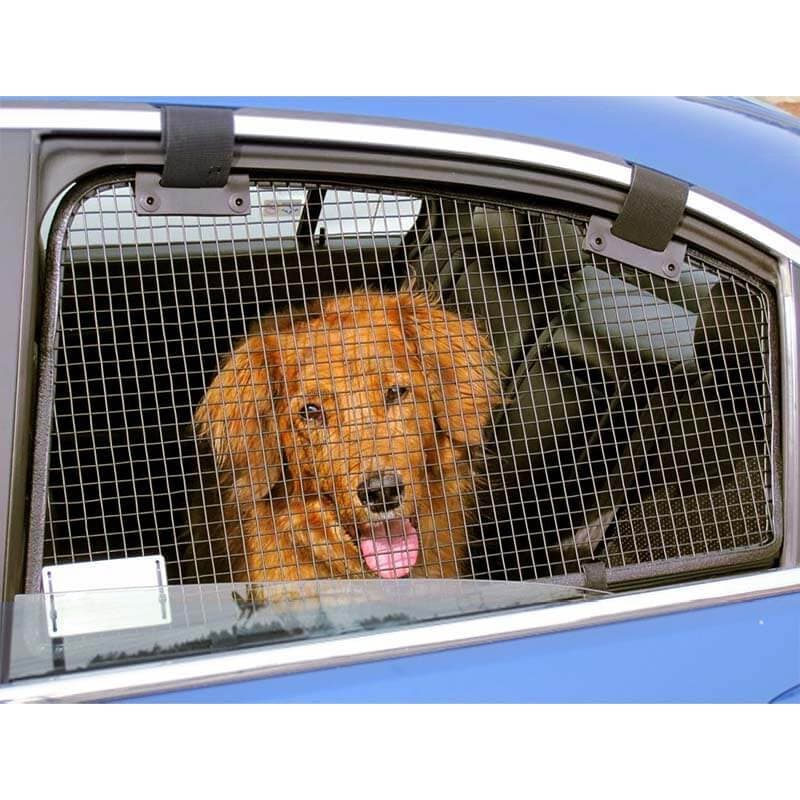How Can I Get My Dog's Teeth Healthy Again?

Have the nasty brown and yellow stains on your dog's teeth brought you here?
Think they look unpleasant when your dog smiles or yawns?
The yellow or brown discoloration of the teeth, especially around the gums, indicates plaque and tartar buildup. And they aren't just unsightly.
They can cause pain and discomfort in your dog and even lead to gum disease, gingivitis, or tooth decay. Many dogs struggle to chew as well due to dental inflammation and tenderness.
In worse cases, the gums turn red to purple, and upon lifting your dog's lip, you'll see their teeth covered with a solid, hard, brown-to-grey layer. There could also be bleeding of the gums and bad breath.
Rotten dog teeth are usually a result of irregular or improper cleaning.
While you should've ideally begun at-home dental care when your dog was young, it's never too late to start.
In this blog, you'll find the answer to the question, "How do I get my dog's teeth healthy again?"
How to Get My Dog's Teeth Healthy Again
There are various ways to assist with your dog's dental hygiene at home to make their teeth clean and shiny and prevent dental disease.
Below are the top five tips you should start following today.
1. Brush Your Dog's Teeth Regularly
Brushing your pup's teeth is one of the best ways to remove plaque and tartar, which can lead to gum disease.
Many dog parents stick to brushing their dog's teeth at least twice a week, but if your furry baby has developed dental plaque and tartar and is at risk of inflammation, gum disease, or tooth decay, it makes sense to brush their teeth daily.
Daily brushing will give your beloved pet the best chance to go back to having healthy teeth and gums.
Introducing daily teeth brushing will be easy if you have a puppy. However, you'll have to be extra patient with an adult dog and offer rewards to get them used to it.
Make sure you use a toothbrush designed for dogs because human toothpaste will upset your furry baby's stomach. You can consult a vet for doggy toothpaste and choose between chicken or beef flavors per your dog's preferences.
Here's how you can get your dog to let you brush their teeth.
- Ask your dog to stay at your feet or get comfortable on your lap.
- Let them sniff the toothbrush and lick the toothpaste.
- Lift their lip and start brushing slowly and gently in an oval pattern from their front to back teeth. Make sure the toothbrush gets under and in between the teeth as well.
- Keep brushing for a few seconds or as long as they enjoy it.
- Reward your dog with praise, pats, and treats.
Your dog will quickly form the habit of teeth brushing. Even if they never fully enjoy it, they might do it for the reward!
2. Feed Your Dog a Special Dental Diet
Another way to get your dog's teeth healthy again is to start feeding them dry food designed for dental health.
When the kibble is bigger, your four-legged friend has to chew more. Bits of plaque will scrape off their teeth as they continue biting through the larger pieces. Additionally, hard chewing will produce more saliva to protect their mouth.
When choosing treats, you should look for food that contains limited amounts of sugar and starch, as these can be bad for your pup's teeth.
3. Give Your Dog a Dental Chew Toy
Chew toys give your dog a fun way to keep their teeth clean and healthy while helping them exercise their jaws and keep them from getting bored.
Look for durable chew toys that can scrape away plaque and tartar without damaging the teeth.
At Pet Expertise, we have the AnimaSwizzlers Bully Stick Puzzle Toy designed to keep your pup's pearly whites clean and healthy for years. This vet-approved dental care chew toy features a nylon and rubber exterior that reveals tiny bristles upon chewing. These structures assist in removing plaque and tartar while stimulating your dog's mind. This toy comes with bully sticks to provide your dog with a tasty treat, making them chew for longer.
4. Introduce Your Dog to a Dental Supplement
Dental supplements like SeaDent Kelp & Enzyme Dental Supplement are another excellent choice for dogs with plaque and tartar buildup. This all-natural supplement comes in powder form. You can add it to your furry baby's food or put it on their toothbrush daily. Infused with kelp, this supplement acts as a plaque fighter and kills harmful bacteria in the dog's mouth. The enzymes in this product also support healthy digestion.
5. Schedule Professional Cleanings
Regular professional cleanings are critical in keeping your dog's teeth healthy again. While brushing and feeding your pup healthy food can help prevent dental diseases, having their teeth professionally cleaned is still important. This will allow your vet to look for any potential problems.
The first step is to find a qualified veterinarian or dental technician to perform the cleaning. You want to ensure that your furry friend is in good hands and that the professional is knowledgeable and experienced. Schedule a consultation before the cleaning to discuss the procedure, the expected cost, and any questions you may have.
Once you have found the right professional, it's time to set up a schedule for regular cleanings. Most veterinarians recommend that all dogs have their teeth professionally cleaned at least once a year. However, if your dog is prone to dental problems, you may want to have the teeth cleaned more often.
It's important to note that professional cleanings are not a replacement for regular brushing. You should still brush your pup's teeth at least twice a week to remove any plaque or tartar that may have built up since the last cleaning.
And don't forget to reward your dog with a treat after each professional cleaning. This will help make the experience of having their teeth cleaned a positive one.
It's Time to Stay on Top of Your Dog's Dental Health
As a pet parent, it's your responsibility to ensure your dog has clean teeth and a healthy mouth. Proper dental care and hygiene is a must to prevent plaque buildup, bad breath, inflammation, tooth loss, and gum disease.
It's also important to note that bacteria from plaque and tartar can spread to your furry baby's heart, liver, and kidneys, posing the risk of organ damage. In other words, the health of your pup's teeth impacts their overall health.
In addition to brushing your dog's teeth regularly, you must invest in special dental foods, chew toys, and supplements and schedule professional checkups and cleanings with an experienced vet to stay on top of your dog's dental health.
If you have questions or concerns about your dog's dental health, never hesitate to talk to your vet. They can help you develop a plan to keep your pup's teeth healthy and prevent potential dental diseases.
- Choosing a selection results in a full page refresh.
- Press the space key then arrow keys to make a selection.



